Financing the purchase of a new home can be a very intimidating process, especially if you’ve never done it before. Knowing what financial terms mean can help make the process less overwhelming, and ensure that there are no misunderstandings. Here are a few of the most common financial terms every homebuyer should know:
- Adjustable Rate: A mortgage that offers a lower initial rate and lower payments, but adjusts and fluctuates along with interest rates at prescribed times and sometimes with prescribed limits for the life of the loan. Known as an ARM.
- Annual Percentage Rate (APR): The annual cost of a loan to a borrower. Like an interest rate, the APR is expressed as a percentage. Unlike an interest rate, it includes other charges or fees (such as mortgage insurance, closing costs, discounts points) to reflect the total cost of the loan.
- Appraisal: An estimate of real estate value, usually issued to the standards of the lender. Recent comparable sales in the neighborhood are the most important factor in determining value.
- Closing Costs: Costs involved with the closing. May include down payment, title fees, appraisal fees, attorney fees, inspection fees, and points bought to buy down interest rate.
- Closing/Settlement/Escrow: The closing process with all of the parties in the real estate transaction. At closing, you sign all of the paperwork required to complete the purchase, including loan documents.
- Conventional Loan: A loan neither insured by the FHA nor guaranteed by the VA.
- Cost Calculations: The financial calculations involved in buying a home, such as down payment, purchase price, closing costs, HOA fees, taxes, insurance, utilities, maintenance.
- Credit Report: A record of an individual’s debts and payment habits. It helps a lender determine whether or not a potential borrower is a good business risk. The 3 major credit bureaus that provide credit reports are Equifax, Experian and TransUnion.
- Credit Score: A number that rates the quality of an individual’s credit. Helps predict the relative likelihood that a person will repay a credit obligation. In general, the higher the credit score, the more likely you are to be approved for and to pay a lower interest rate on a loan. Aka FICO.
- Down Payment: The amount of cash paid toward the purchase of a home to make up the difference between the purchase price and the mortgage. May range between 5% and 20% of the sales price depending on many factors, including the loan, the lender and your credit history.
- Earnest Money Deposit: A check written to a seller when an offer is made on a home. Most earnest money deposits are equal to 1 – 3% of the home’s value. If the seller accepts the offer, the earnest money deposit goes toward the down payment at closing.
- Equity: The difference between the market value of a property and the owner’s indebtedness (i.e. mortgage).
- Escrow Payment: The portion of a borrower’s monthly payment held in trust by the lender to pay for taxes, hazard insurance, mortgage insurance, lease payments, and other items as they become due; known as impounds in some states.
- Fee Simple: Clear and absolute ownership of a piece of property. The fee simple owner of a property has the right to use the land in any way desired: build on it, sell it or lease it.
- FHA Loan: Loan insured by the Federal Housing Administration. If the buyer fails to repay the loan, the federal government pays the lender for any losses. Because of the government’s insurance, lenders require a lower down payment than they would with a conventional loan.
- Fixed Rate: A mortgage where the interest rate is locked in and cannot go up over the term of the loan. Protects the buyer from increasing payments. Comes in 10, 15, 20 and 30-year options.
- Pre-Approval: One of the first things a buyer needs to have when beginning the house hunt. Talk to a mortgage professional or two about getting your finances in order and getting pre-approved for a loan.
- Private Mortgage Insurance/PMI: Insurance written by a private company protecting the mortgage lender against loss occasioned by a mortgage default. Required if the buyer does not put down 20 percent on a home.
- Title Insurance: An insurance policy which protects the insured (purchaser or lender) against loss arising from defects in title.
- VA Loan: A special type of loan backed by the government and only available to veterans of the US military and surviving relatives. The down payment required is usually 1-3% of the total loan amount, and the interest rates are generally lower relative to conventional loans.
Even with rates rising, now is still a great time to buy. If a new construction home is what you’re considering, The Home Company has townhomes and single-family homes all over the Omaha area. Connect with us when you’re ready to find your dream home.
